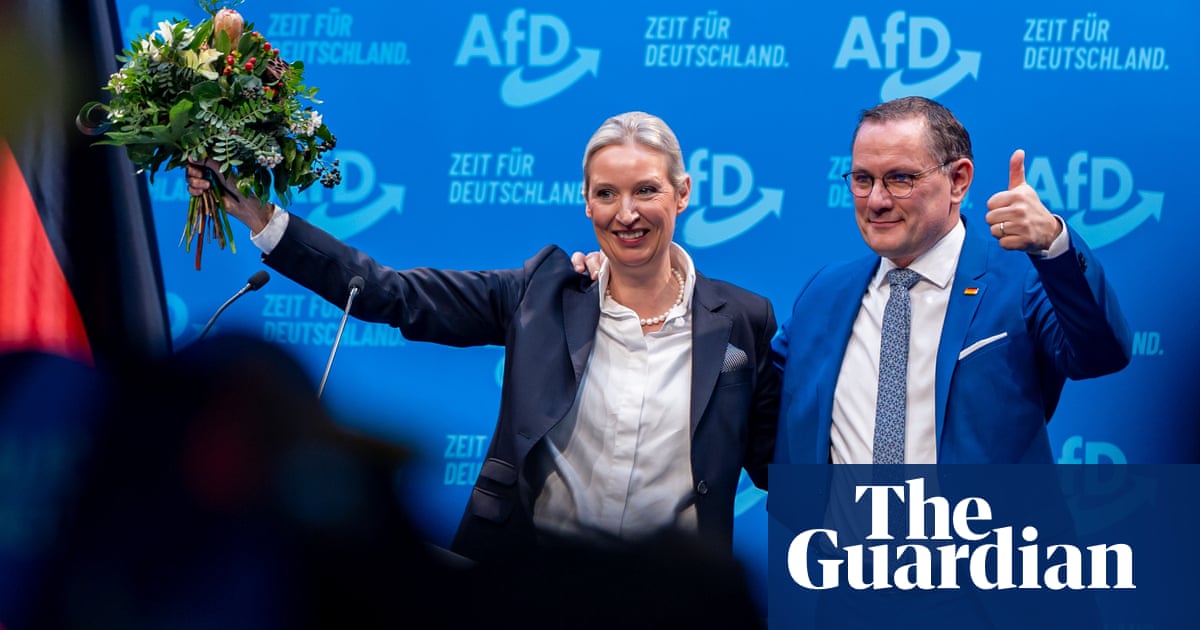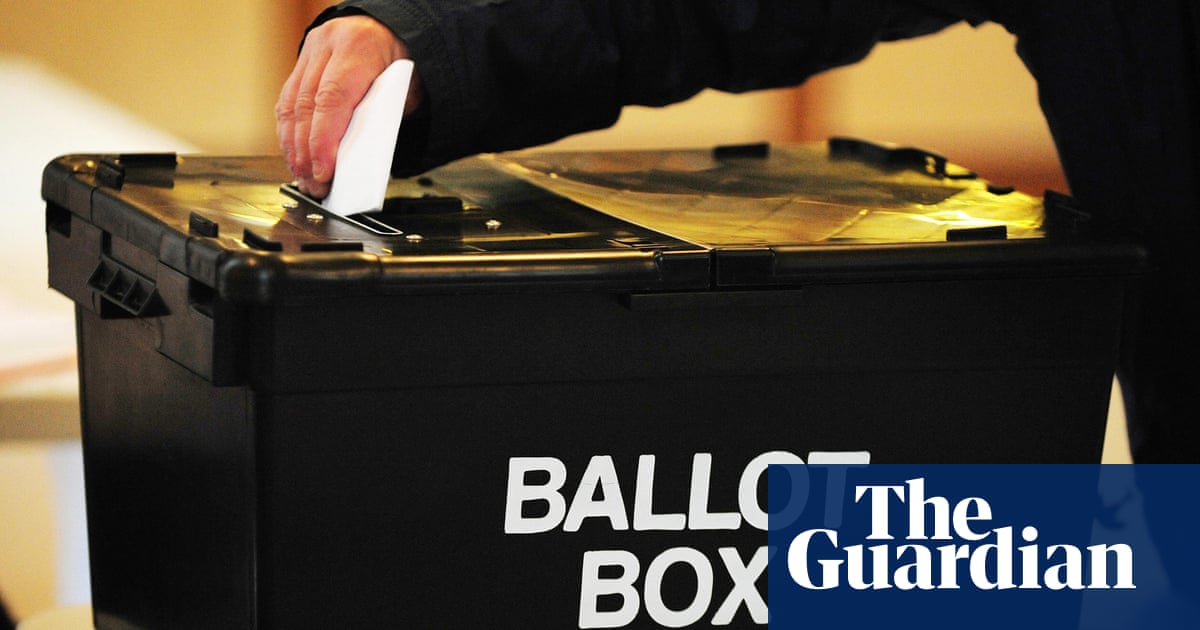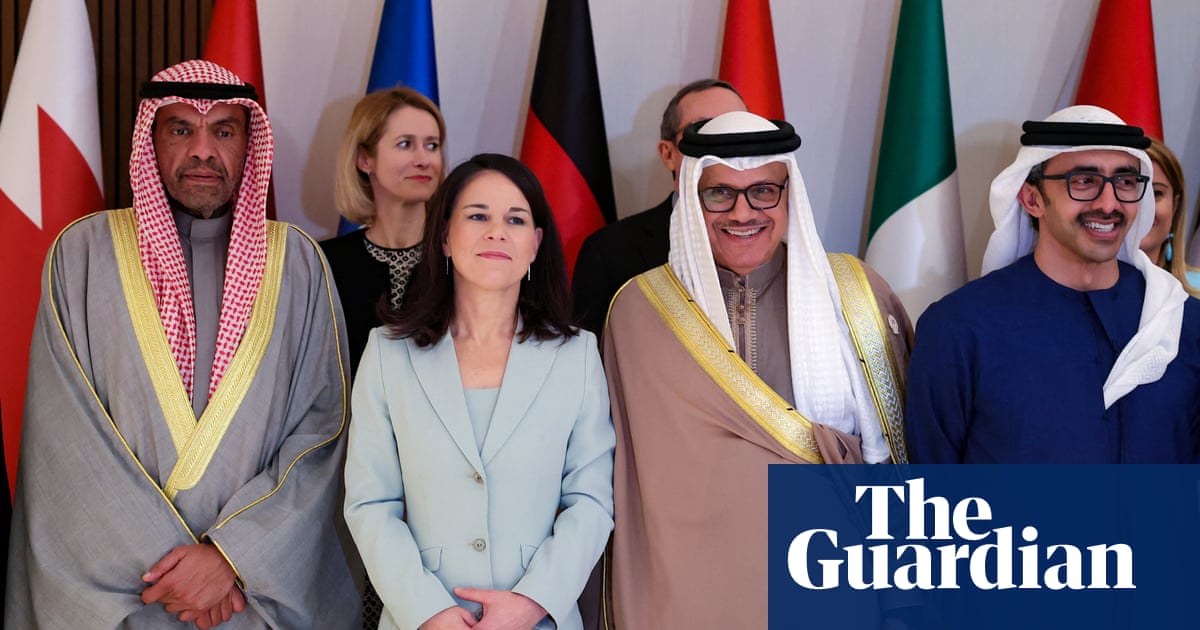The Italian prime minister, Giorgia Meloni, has said her government will try to protect jobs as political tensions mount with Fiat maker Stellantis after the abrupt resignation of its chief executive.
Meloni said she would attempt to “defend” employees in the carmaker’s Italian operations in the wake of the surprise exit of Carlos Tavares, its longstanding chief executive, who left after the company said “different views have emerged” between the executive and its board.
Her comments came as new figures showed China’s share of the global electric vehicle market reached 76% in October, piling further pressure on European carmakers.
Stellantis was born in 2021 through the merger of Italy’s Fiat Chrysler and France’s PSA, the owner of Peugeot. It has been at loggerheads for months with the Italian government, which has claimed it has not invested enough in the country and called for more vehicles to be produced in Italy.
Stellantis, which also makes the Jeep brand, cut more than 3,500 jobs at three plants in Italy earlier this year.
Tavares, one of the most outspoken bosses in the car industry, came under pressure after a steep reported decline in 2024 profits because of a slump in sales in the company’s key North American market and Europe. Factory workers in the US and Italy have threatened to strike.
Meloni said she did not want “to enter into the choices of a large multinational company”, but added: “We want to do our best to defend employment levels and, in the case of the automotive industry, the supply chain.”
John Elkann, the Stellantis chair and scion of the Fiat-founding Agnelli family, will meet Italy’s industries minister, Adolfo Urso, on 17 December. Meloni said Elkann had informed her of Tavares’s resignation.
During a visit to India, Urso said he hoped the Italian market would once again become central to Stellantis, which is the world’s fourth largest carmaker by sales,
Italy’s transport minister, Matteo Salvini, heavily criticised Elkann over the management of the situation, telling the news agency Ansa that he was “disgusted”. Speaking on the sidelines of a meeting of the logistics sector on Tuesday, he said the company’s ownership was hardly Italian any more despite “taking money in Italy for decades to open factories abroad”.
Salvini said he would speak to trade unions. “As transport minister, my first thoughts are with the factory workers and their families,” he added. “We will do everything to safeguard them.”
Meloni and Salvini, both leaders of far-right parties within the ruling coalition, have long been at loggerheads with the carmaker. Before coming to power, Meloni had opposed Fiat-Chrysler’s merger with a French company, and has since argued that Stellantis favours French interests.
In April, the government forced Alfa Romeo to change the name of its new Milano model to Junior, arguing that a car produced in Poland could not be given an “Italian-sounding” name.
after newsletter promotion
A month later, the company had to remove Italian flags from Fiat Topolinos produced in Morocco after coming under government pressure.
In the UK, Stellantis last week announced it planned to close its Vauxhall van factory in Luton, putting 1,100 jobs at risk of being cut or moving location.
Separately, figures from China’s automotive trade body showed the country accounted for more than three-quarters of the worldwide EV market.
The China Passenger Car Association said that, between January and October, sales of EVs reached 14.1m units with 69% of those sales in China. In October, China’s share reached 76%.
The figures suggest that China is on track to increase its share of the global EV market in 2024. Last year, just under 60% of new EV registrations were in China, according to the International Energy Agency.
The vast majority of global EV sales happen in China, the EU and the US but tariffs imposed by the western markets in recent years have threatened to hit the brakes on China’s rapidly expanding industry.
This year, Joe Biden increased the levy on Chinese electric cars from 25% to 100%. Donald Trump has promised to imposed an additional levy of 10% on all imports from China.

.png) 1 month ago
12
1 month ago
12













































